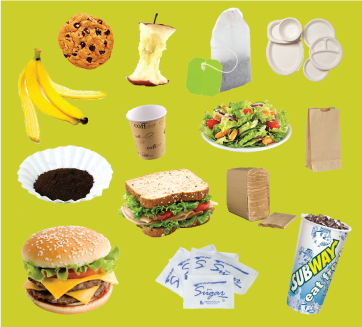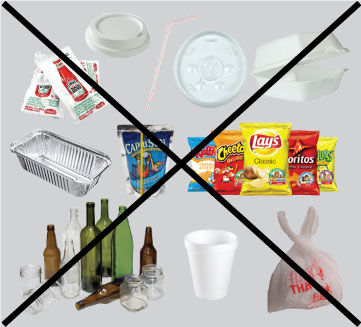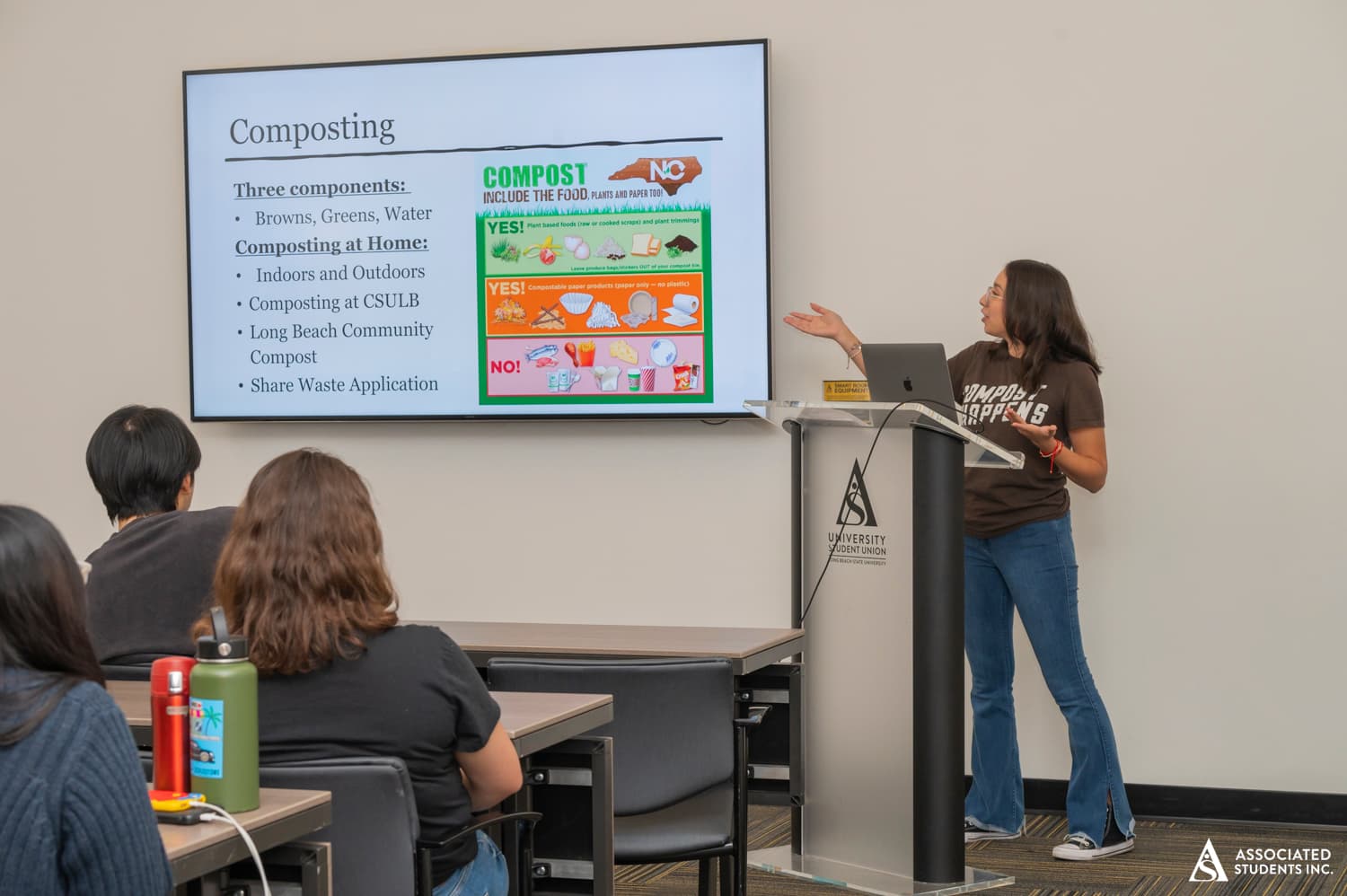Sustain U FAQ's
All workshop dates and locations will be posted on the ASI calendar, ASI social media outlet Instagram (around the time of the workshop), and on the Sustain U Beachsync which is located on MyCSULB Portal.
The Grow Beach Garden is located at the base of the central plant near friendship walk and will have a grand opening Spring 2023 (Check website for grand opening announcement and date).
When sustainability assistant positions are available, they will be posted under the "Work" tab on the ASI Website. Otherwise, you can complete and submit a volunteer application with Sustain U by visiting the ASI involve website today! Volunteers are required to work for at least 5 hours a week.
Sustainability is an interdisciplinary approach that considers environmental responsibilities - emphasizing public policy, social dynamics, economics, and the overall health of people and living organisms - with the goal of meeting present needs while preparing for the needs of the future.
Compost is nature’s way of recycling biodegradable material such as: leftover food scraps, and plant waste. The process of composting helps to reduce the amount of waste that goes into our landfills by reusing and recycling food waste to create nutrient-rich soil/humus used for our gardens and agriculture.

Items accepted
Food waste & solid paper products
Items not accepted
Glass, plastic, metal, aluminum foil & styrofoamCompost waste is picked up daily by custodial staff and taken to the compost compactor, and picked up by the waste hauler, EDCO. The collected material is then brought to the compost facility, Agromin, where it is processed into nutrient rich compost for agricultural end users.
The composting program in the USU is extremely user friendly thanks to our partnership with Agromin. All food waste and other biodegradable materials are accepted into the compost bins. See the ‘What is compost?’ section of this FAQ page for graphic representations. Clean paper is no longer accepted in paper bins and will be placed into landfill bins instead. Our waste hauler, EDCO no longer collects paper in response to China’s Sword Policy.
Sustain U is not a club. In fact, we are an organization under ASI. Our goal is to educate students and staff through educational workshops and campaigns on ways to incorporate sustainability practices on campus and in their daily lives.
Everything that we grow at the Grow Beach Garden gets donated to the Laurén Chalmers ‘83 Beach Pantry. The pantry is on the first floor of Student Health Center (SHC) room115-A, and is a place for students to grab free food, toiletries and essential school supplies.
Throughout the semester, Sustain U organizes a diverse range of events and programs aimed at promoting sustainability on campus. These include:
- Trash Talkers: Students can participate in sessions to learn about proper waste disposal methods, including landfill, recycling, and composting.
- Pass the Plate: Sustain U hosts cooking sessions where students are taught how to prepare healthy, vegetarian meals using affordable ingredients.
- Grow Beach Garden Events: These events vary each semester but typically involve activities such as planting and harvesting in the Grow Beach Garden.
- Workshops: Sustain U hosts workshops where student assistants deliver presentations on various sustainability topics that need attention.
- Collaboration Events: Sustain U collaborates with other campus departments for events tailored to specific sustainability themes, offering unique learning opportunities for students.
These events provide engaging and educational experiences for students interested in sustainable living and environmental stewardship.
You can find information about upcoming workshops or educational sessions organized by Sustain U through two main channels:
- Events & Orgs on the Student's Single Sign-On.
- ASI Calendar
To stay updated on Sustain U's activities and news, you have two options:
- Attend Our Events: Attend one of our events to learn more about the current activities and upcoming events in person.
- Sign Up for Email Notifications: By subscribing, you'll receive updates about all our events and workshops directly to your inbox.









